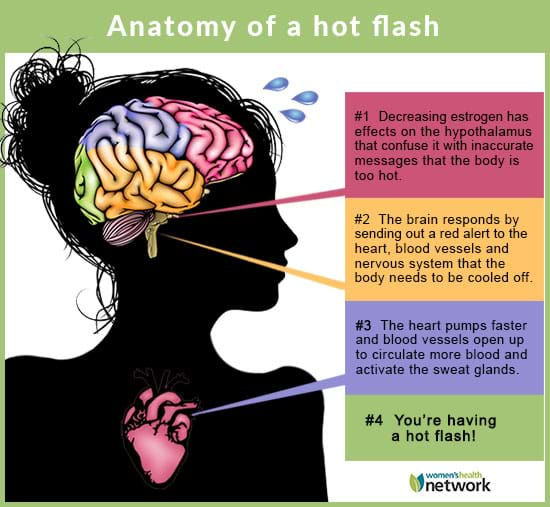

Often sweating has a huge negative impact on a person’s self-confidence and their ability to go about their daily routines. Acupressure, manipulative approaches, and.

Shield’s clinical strength antiperspirants have 3X the strength of normal antiperspirants and can make a big difference to your confidence. Other Traditional Chinese Medicine (TCM) Approaches In- dicated for Hot Flashes: 1. Testosterone is the main sex hormone in men. Night sweats in men are sometimes linked to low levels of testosterone, or low T. There are sweat control products and treatments available that can help to control excessive sweating. But men can experience hot flashes and night sweats too. Daily exercise and losing weight may also help. If possible, wear loose, lightweight, and easily removable layers of clothing. Stress and smoking cigarettes can make them worse. Certain foods such as spices, caffeine and alcohol can cause a hot flash. Importantly, it’s time to seek medical advice to determine the cause and consider medication or alternative therapies.įor self-treatment identify what triggers your hot flashes and avoid them. Help is at hand, there are many ways to deal with a hot flash and perspiration. experiencing redness on parts of the body, such as the face, neck, ears, or chest.
#Men hot flashes skin#
Hot flashes can cause sweating, but sweating cannot cause you to experience a hot flash. Symptoms of hot flashes include: having skin that suddenly feels warm. What’s The Difference Between Hot Flashes And Sweat?Ī hot flash is an intense feeling of warmth in your body and face, while sweat is a response of your body from heat or warmth. Hot Flashes And Sweat Differences Explained It is believed to be caused by overactive sweat glands, but the exact cause is unknown. Hyperhidrosis is a medical condition that affects about 1% of people and sufferers can produce up to five times more sweat than normal. When not a result of physical activity or heat, excessive sweating can be caused by certain medical conditions, such as hyperhidrosis. Normal sweating is a natural response to the weather, physical activity, stress, fear, or anger. Interesting fact, did you know that men can also have hot flashes? Yes, ladies, you are not alone! This has been mostly considered a female problem, but when a man’s testosterone levels drop suddenly and significantly, he could also experience a hot flash. An increased heart rate and flushing can also occur. Hot flashes could also be caused by the side effects of medication, thyroid problems, certain cancers and their treatment, consuming alcohol and caffeine, or eating spicy foods, among others. A hot flash is a sudden feeling of heat in the upper body, including the chest, arms, neck, and face. Menopause predominantly affects women between 45 to 50 years of age. Vasomotor symptoms, hot flashes As menopause begins, and hormones begin to leave your body you may begin to experience hot flashes on a regular basis. Future RCTs should be sufficiently powered, include a control group, and use standardized outcome measures.Generally, they are caused by the ‘big M’: menopause. Implications for Research: Evidence is insufficient to support interventions for ADT-associated hot flashes in men with prostate cancer. 72 of patients have said that hot flashes interfered with sleep. Most men going through permanent androgen deprivation do not get over hot flashes. Acupuncture demonstrated potential benefit in reducing hot flashes without side effects. Men who develop hot flashes during androgen deprivation usually recover in 3 to 4 months after stopping treatment. Synthesis: Pharmacologic interventions (e.g., cyproterone, medroxyprogesterone, megestrol acetate) showed some promise for reducing hot flashes but were associated with side effects and risks. Literature Search: The CINAHL®, Embase®, PsycINFO®, PubMed®, and Scopus® databases were used to identify randomized controlled trials (RCTs) and quasiexperimental studies published between January 1994 and June 2018.ĭata Evaluation: Using the Cochrane Handbook for Systematic Reviews of Interventions, the authors reviewed 15 studies examining the effects of pharmacologic or complementary and alternative medicine interventions on ADT-associated hot flashes in men with prostate cancer. Problem Identification: To determine best practices for managing hot flashes associated with androgen deprivation therapy (ADT) in men with prostate cancer.


 0 kommentar(er)
0 kommentar(er)
